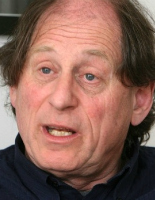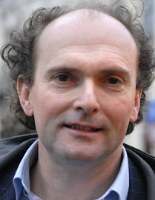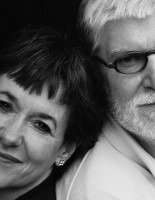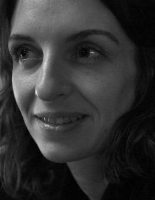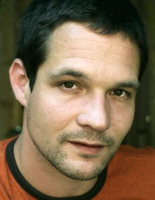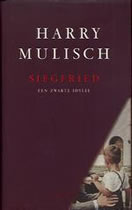
Harry Mulisch - Siegfried: A Black Idyll
In Siegfried, Mulisch looks back to World War II. Rudolf Herter, a feted author, wants to fathom the most inscrutable person he has ever heard of: Adolf Hitler. But how should he go about it?
Providence comes to his aid. He is approached by an elderly Viennese couple, who tell him that they worked at Hitler’s mountain retreat, Berghof, during the war. They reveal a spectacular secret: Hitler and Eva Braun had a son, Siegfried. Hitler was unable publicly to acknowledge his son, since the Führer was supposed to belong to all German women. So the Viennese couple brought Siegfried up as their own. Just before Hitler and Eva Braun carried out their suicide pact, the Führer forced the foster father to murder seven-year-old Siegfried. This sets Rudolf Herter’s thoughts racing.
In a tirade of almost insane lucidity he concludes that, even though he has come close, Hitler will always elude him. Mulisch links the worlds of Herter and Hitler, imagination and reality, good and evil, light and darkness, humour and horror, transparency and inscrutability. Siegfried is a breathtaking literary adventure.
Biography
Harry Mulisch (1927-2010) has written novels, plays, poetry, political essays and philosophical studies, and is one of the most celebrated authors in the Netherlands today. He achieved international fame with The Discovery of Heaven (1992). The American press has compared him with Homer, Dante and Goethe.
QUOTES
- ‘Mulisch is a rarity for these times – an instinctively psychological novelist.’ – John Updike, The New Yorker
- ‘Harry Mulisch belongs to the first rank of Dutch novelists of his generation.’ – J.M.Coetzee
